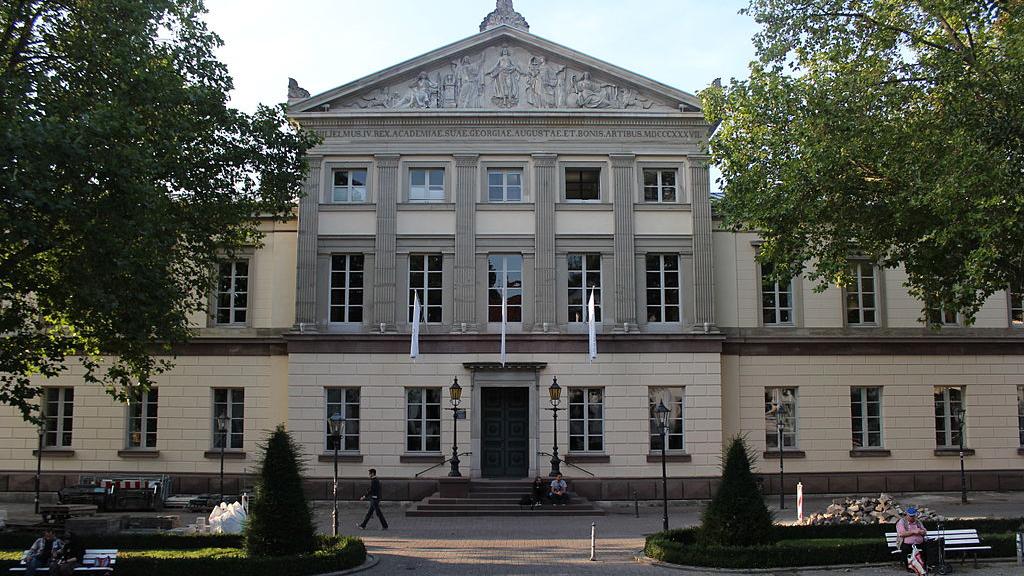Fifteen scientists awarded by NWO
Two Humanities researchers going to Germany thanks to Rubicon grant

Wouter Capitain is one of the teachers in the Musicology programme. He's going to spend two and a half years in Göttingen to work at the Georg-August University. As for Jan Overwijk, a teacher in the Liberal Arts & Sciences programme, he is headed to Frankfurt to work at the Institute for Social Research (Institut für Sozialforschung).
Practically all the fifteen scientists who have been awarded a Rubicon grant are going to spend two years abroad. The two laureates from UU are going to Germany, but the seven other winners have chosen destinations as varied as the United States, the UK, France, Belgium, Switzerland and Japan. Their research topics include the price of ecological pollution, how brain cells can subdue virus activity, and how new nanodevices can be developed using graphene.
Forty applications were submitted in this second round of 2022 Rubicon grants, with a success rate of 37.5 percent. The results of last year’s third round are due to be announced in April. Approximately sixty Rubicon awards are handed out each year by the Dutch Research Council and ZonMw, the Dutch organisation for research innovation in healthcare.
On NWO's website, Wouter Capitain introduces himself as follows:
"According to Darwin's evolution theory, human beings are animals too. Nevertheless, we keep on making a distinction between 'human' and 'animal'. Such distinction is made through images and language, but also through music. I analyse how the use of music in the pop culture of the twentieth century creates the idea that people are different compared to animals."
Jan Overwijk describes his research project as follows:
"Everything has a price in the market, but not everything is negotiated in the market. Because of that, environmental pollution and CO2 emissions are relatively cheap, which leads to sky-high economic growth and climate disruption. My project investigates how what has no value can form the basis of value."